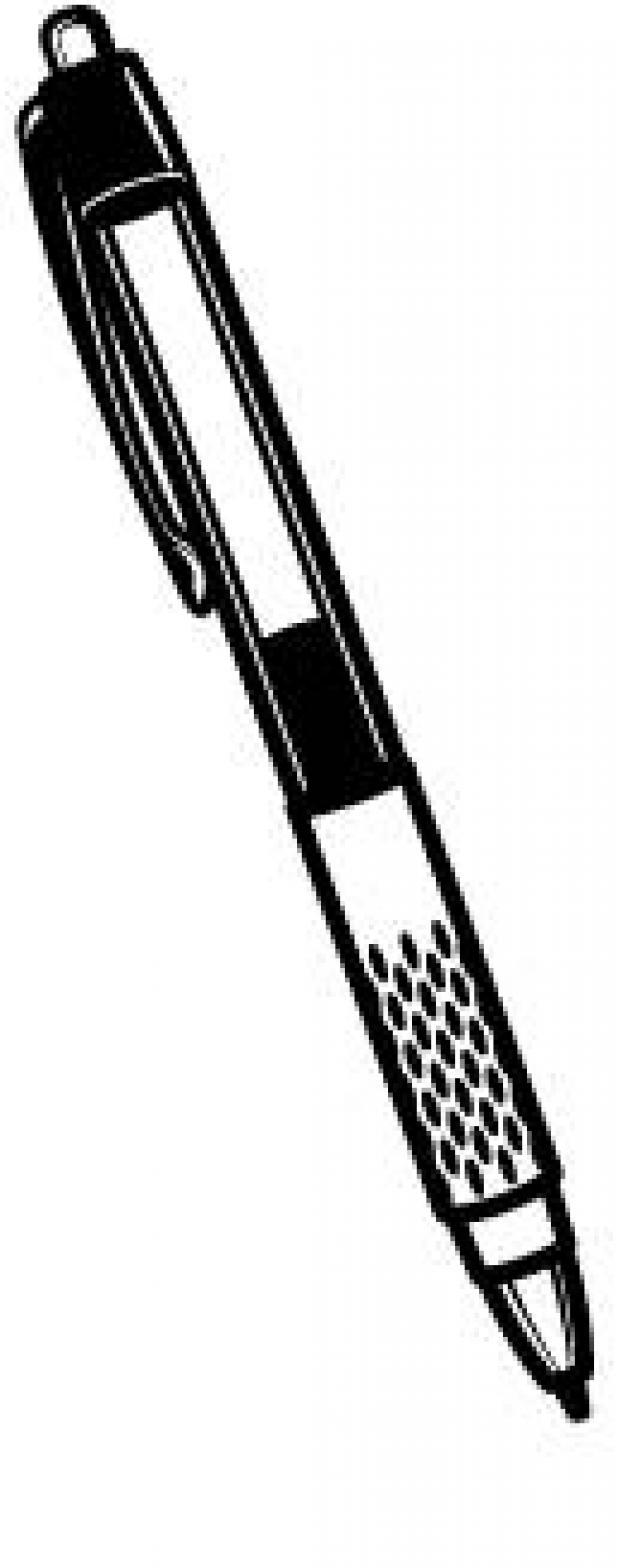
Publisher’s Point: Strategies to Master Your Minutes
“It is not enough to be busy. So are the ants. The question is: what are we busy about?”
Visionary Henry David Thoreau’s popular quote is the canvas for painting a simplistic life, which allows us to be mindful of the things
that keep us “busy.”
Thoreau explores simplicity and deliberate solitude in his book “Walden,” where he admits, through a collection of essays, that he lost sight of his purpose and his identity to life’s distractions. This realization manifests in the woods, where he builds a cabin with his own two hands for shelter and cultivates the land for food.
While driving down the avenue of exhaustion, I remembered my LSU professor, Dr. Thorn, encouraged me to read “Walden” and summarize the author’s intent in a two-page summary. This assignment provoked action that led to the completion of my thesis and graduate school.
As I read through the book for the second time, I thought about how I have lost sight of what matters most because I am often too busy to reflect on why I am here in Olney at this present moment. I usually get caught up in daily tasks that hold me hostage to meeting goals instead of creating meaningful moments. Taking a page from Thoreau’s book, I am learning to slow down and apply two simple strategies to master my minutes.
PRIORITIZE WHAT MATTERS MOST
I pride myself on my timemanagement skills and my ability to multi-task. Multi-tasking is an illusion and is slightly oxymoronic when tethered to time management. It is an ineffective use of time to toggle between multiple tasks. Success arrives when we focus on one thing at a time; therefore, we must prioritize what matters most to master our minutes.
TOSS TASKS ASIDE AND CREATE DAILY GOALS AND OBJECTIVES
Many people use a task list to define daily goals. How many times have we forwarded tasks to the next day because of our inability to follow through? Sometimes, writing tasks is not enough. A simple task list does not motivate us to focus on the result.
If you list a task to clean your email inbox, you could easily navigate away from completing the work. Most likely, you will put the task off to deal with the plethora of distractions throughout the day. On the other hand, if you write a goal and objectives, you will be more productive.
Here is an example:
GOAL: To spend the first hour of the day clearing my email inbox.
Objectives:
1) Forward phone to voicemail.
2) Place a DO NOT DISTURB sign on the door from 8 a.m. until 9 a.m.
Look at the goal as the thing you want to achieve and the objectives as the plans of action designed to help you meet the goal. You can quickly master your minutes by writing daily goals and objectives.
I conclude with a quote from Thoreau’s book. “Time is but the stream I go a fishing in. I drink at it; but while I drink I see the sandy bottom and detect how shallow it is. Its thin current slides away, but eternity remains…I do not wish to be any more busy with my hands than is necessary.”
